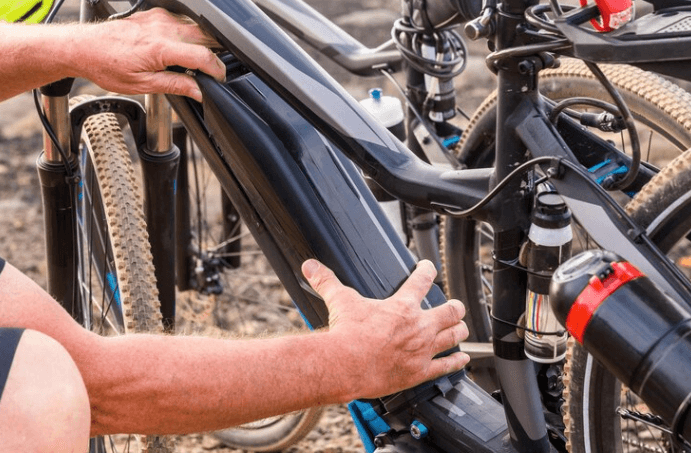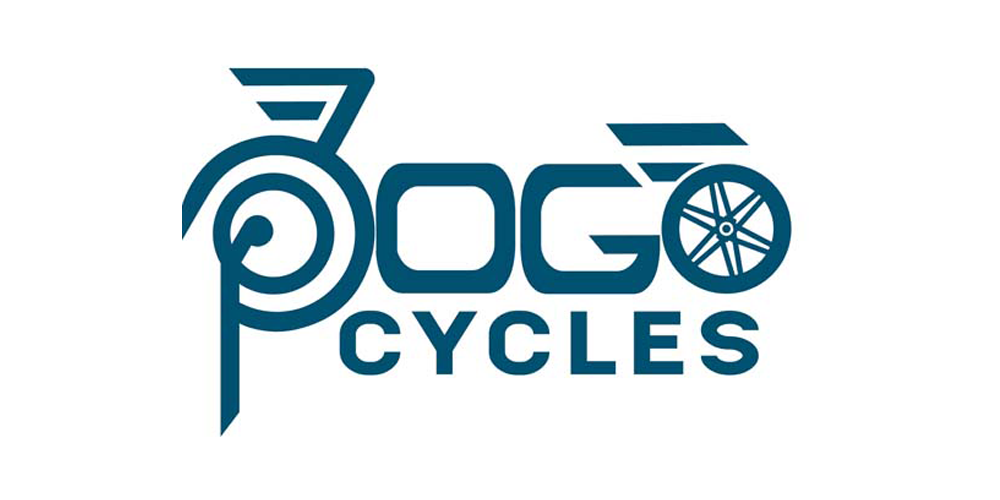How e-bike motor works
Introduction:
You've probably heard of or perhaps own electric bikes, a two-wheeled vehicle that uses a motor to assist your pedaling. Over time, battery-powered bikes have expanded in popularity (and dropped in price). However, they nonetheless raise some concerns about the precise nature of the motor's operation and what it entails for the riding experience. We did all we could to learn as much as we could about the motors and how they relate to the bike and the rider by researching the expanding e-bike market.
What the E-Bike Motors Perform:
Electric motors convert electrical energy into mechanical energy fundamentally. E-bikes have brushless DC motors, also known as BLDC motors, which do not require brushes to modify the direction of current flowing to the motor like older electric motors did. Since their brushes decreased the motors' efficiency and had a propensity to wear out over time, brushless motors have become the standard for more than 10 years.
When you open a BLDC motor, you can see a lot of cables wrapping around a ring of poles. This is the stator, which turns into an electromagnet when the motor controller injects current into the cables from the battery. A circle-shaped row of permanent magnets will also be visible, either inside or outside the stator. Depending on the type of BLDC motor, the magnets' orientation with respect to the stator may differ, but the rotor is always present.
Understanding how the rotor and stator interact is essential to comprehending how e-bike motors operate. The rotor's permanent magnets are attracted to and repelled by the electromagnets on the stator as current flows through them in a circular pattern, turning the stator. A shaft is connected to the stator.
A tiny chainring attached to the shaft of a mid-drive motor uses the torque produced by the shaft's rotation to assist you in pedaling. Hub motors do not spin; instead, the shaft serves as the axle. Instead, the motor's rotor itself spins, turning the hub as a whole and producing torque to turn either the front or back wheel. FIIDO bikes are one of the best bikes.
How the E-Motors Bike's Work with the Other Components
All e-bikes have motors, motor controllers, and batteries. The motor uses your input to transfer the desired amount of current from the battery into the motor while the controllers vary the amount of power flowing to it. The feeling of how power is distributed is what makes an e-bike an e-bike.
A speed sensor, which controls e-assist by measuring the rider's pedaling cadence, or torque sensors, which determine how much torque the rider is applying to the pedals, may be used in pedal-assisted e-bikes. Regional rules govern where you may and cannot use e-bikes with throttles, however some of them have them so you can use the motor without pedaling.
The Various Forms of Motors
The motors you'll find on today's e-bikes come in three main varieties. Where the bottom bracket would typically be located on electric scooters is where mid-drive motors are mounted. There are two different types of hub motors used in hub-driven e-bikes, which can have motors inside the front or back hub.
Apart from its bearings, direct-drive hub motors have no moving parts. The axle, which is fastened to the dropout of the frame, simply revolves around the engine. The torque output of planetary gear-driven hub motors is increased by reducing the motor's RPM. Check bike to work scheme
Description Of Some Motor Types:
-
Motors with Gears
The only difference between geared motors and direct-drive motors is that geared motors have an electric motor that spins at a significantly greater speed inside the hub. The hub is rotated at a slower pace thanks to a system of planetary gears that are connected to it by the motor's shaft. More torque is produced but less top-end speed using this technique.
-
Friction Motors
Compared to modern hub motors and mid-drive systems, friction-driven e-bikes appear antiquated, but the low-cost design has advantages for bikers who want to retrofit a conventional bike with little effort. A small wheel that touches the tyre is driven by a bolt-on motor, which is often located above the seat stays or below the chainstays, though some kits install to the brake mount on the fork. You go forward as the tyre spins due to the motor's wheel. The kits are simply convertible across bikes, which is a plus considering that the friction results in higher tyre wear.
There are four main categories for how the electric bike motor transmits power to the wheel.
- Hub motor drive
- Friction drive
- Mid drive
- Left side drive.
The motor is used in friction drive to rub the tyre, pushing it by friction. As you may expect, this technique might not work if a tyre has some water or mud on it. Mid drive describes a bicycle with the engine situated in the center, close to the pedals. The motor is then connected to the pedals, assisting the rider in pulling the bike's chain. Mid drives perform admirably when the rider selects the appropriate gear.













